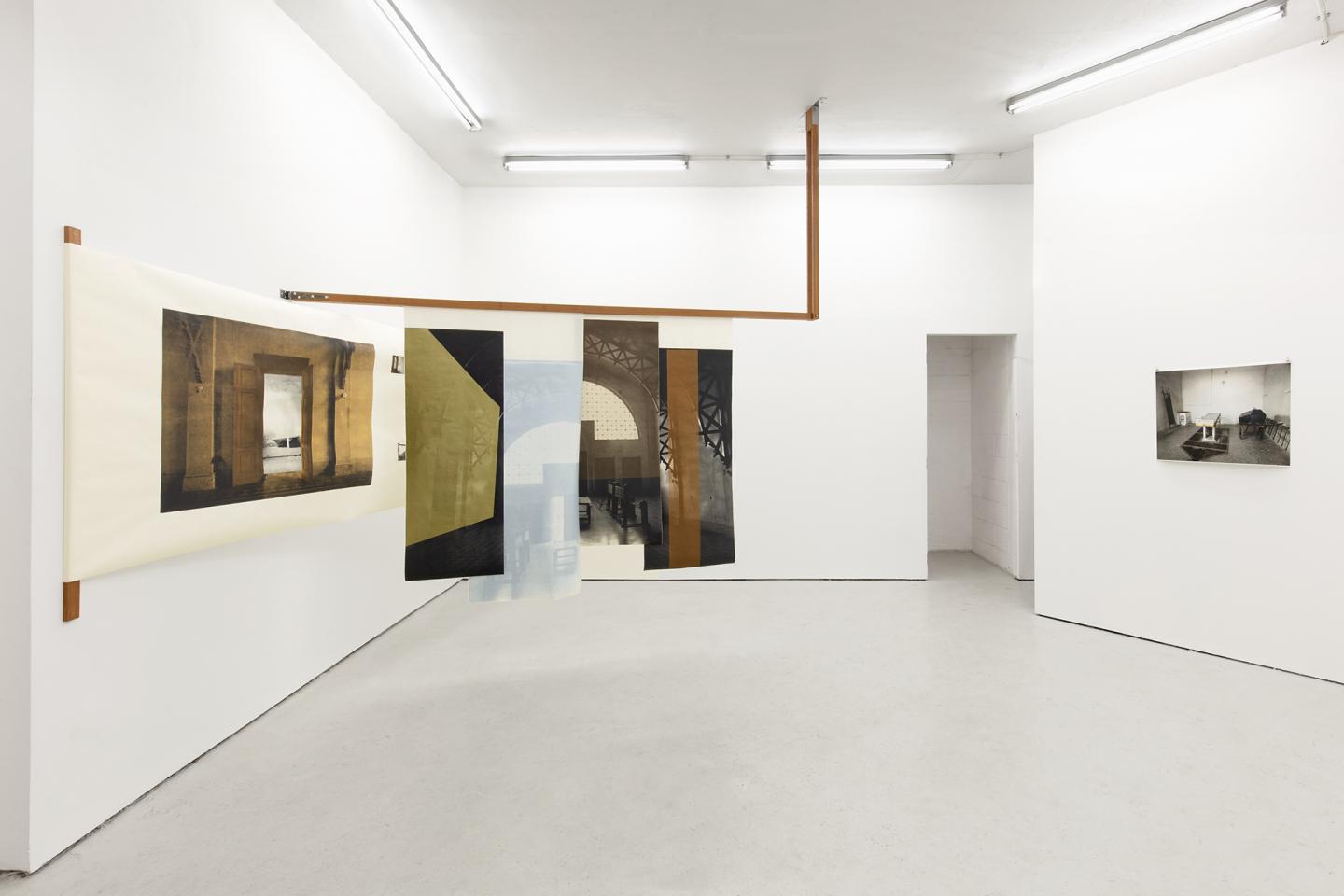Artists’ Artists: Lubaina Himid on Magda Stawarska-Beavan’s Sonic Installations
Stawarska-Beavan’s multi-media works stress lost and forgotten aspects of spaces and their political, public and private borders
Stawarska-Beavan’s multi-media works stress lost and forgotten aspects of spaces and their political, public and private borders

‘Lubaina Himid on Magda Stawarska-Beavan’s Sonic Installations’ Is part of a series of articles in which we asked nine artists to chose a colleague whose work has been on their mind.
Magda Stawarska-Beavan is passionate about cities, especially their history, their vibrancy and the narratives that unfold within them. Born in Poland, she has lived in the UK for the past 22 years. Her installations combine moving image, soundscape and, importantly, traditionally made screenprints and paintings on paper – daring, dangerous work that draws on her desire to prompt us to remember what we thought, and perhaps hoped, we had forgotten. Her projects reveal intimate glimpses of the singular urban soundscapes of places, interrogating their cultural complexities and probing physical and political, public and private borders. Through her retelling of encounters with other artists and writers in her audio collages, Stawarska-Beavan explores the process of inner listening.

I have been fascinated by her work for more than 15 years; she has made soundtracks for several of my installations and I have performed as part of her city-based sound projects. In 2019, she was commissioned to make a solo sound work, Reduce the Time Spent Holding, for my exhibition at the New Museum in New York and we recently collaborated on an installation for the exhibition ‘Risquons-Tout’, currently at Wiels in Brussels. The questions she asks – about place; the layers of listening, hearing and perceiving sound; the barriers and boundaries we encounter and create – are at the core of what she does. As she asked me recently: ‘How do you hear the subtlety of the influences of languages that are no longer spoken? How do you convey the impact of architectural details and graphics that have lost their original function but are the only evidence of once-vibrant communities, key contributors to the economy and culture?’.
This article first appeared in frieze issue 215 with the headline ‘Activism in the Age of the Superbug’.
Main image: Magda Stawarska-Beavan, Translating the City, 2019, installation view, Newlyn Art Gallery. Courtesy: the artist; photograph: Steve Tanner

























